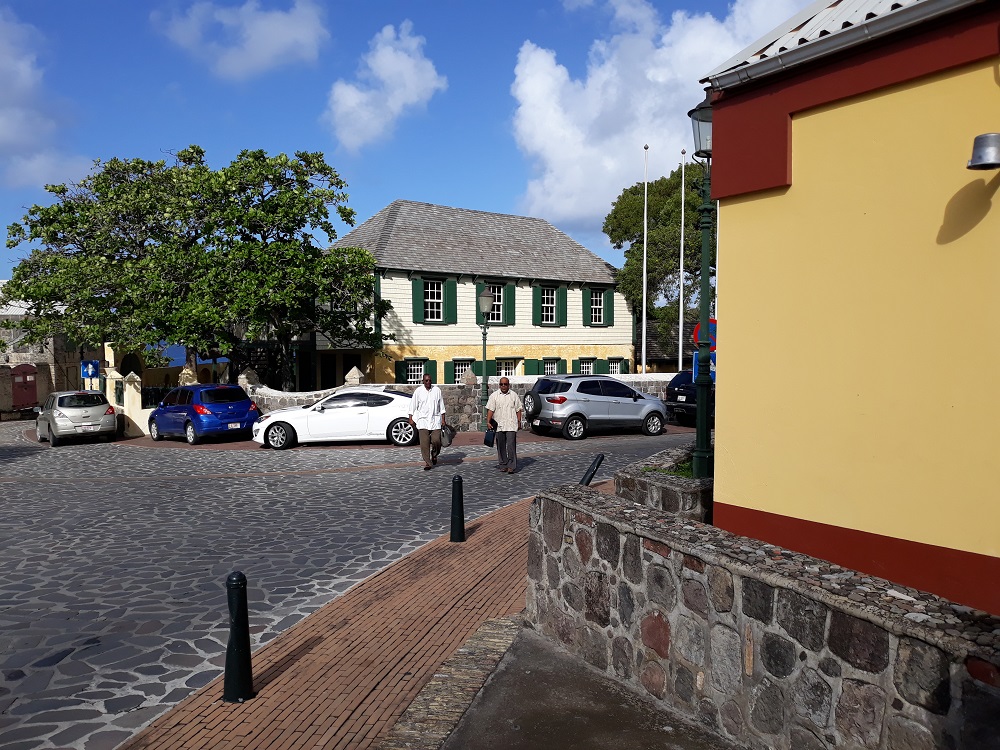The Bastion of Society

It was in the early 1804 that Haiti became the first country to become independent in this hemisphere. The rest of the world thought that Haiti which was a former colony of France was “bold and out of place” to put it mildly, to become an independent country. This resulted in serious sanctions that kept the development of the country down economically and has since been known as one of the poorest countries in the western hemisphere.
It was called the Bastion of Society because of the move to become an independent nation, led by Toussaint L’Overture who liberated Haiti from France with blood, sweat and tears.
In the case of St. Eustatius, Clyde van Putten calls the takeover by the Dutch Government and the immediate removal of the democratically elected government as a “coup d’etat”. He has expressed his dissatisfaction and had one time threatened the Netherlands with violence if they sent the marines to the island.
He has since filed an injunction in the Court of First Instance with regards to what is described as “an illegal occupation” by the Netherlands of St. Eustatius since it is supposed to be an island which has its own autonomy. The court hearing that was scheduled for October 23, 2018, in the territory of St. Eustatius has now been postponed until November 20, 2018 to give time for the attorneys appointed by the Netherlands on St. Maarten to peruse the documents that was filed at the court.
According to the United Nations Charter this is the third international decade for the eradication of Colonialism and as a result there should not be any colonies left which is as a violation of the UN charter since it supersedes all national law.
According to politicians in the former Netherlands Antilles the Netherlands wants to keep these islands as colonies because of their strategic positioned in the Caribbean hemisphere. St. Maarten, Saba and St. Eustatius is close to the United States of America and Aruba, Bonaire and Curacao close to the South American continent.
That being the case, we believe that the Netherlands will not honor this treaty of the United Nations and would prefer to offer the islands more autonomy than to let them go.
This case against the Netherlands is said to be an historic one since it is the first time in the Kingdom that an island as small as St. Eustatius has the courage to challenge the Netherlands. If Van Putten is successful in this case making it a precedent, it could trigger the remaining islands to follow in that direction.
The question remains: would St. Eustatius suffer a similar fate as Haiti and become the other Bastion of the Society if the case is won by the ousted democratically elected government? This is left to be seen at the outcome.

























